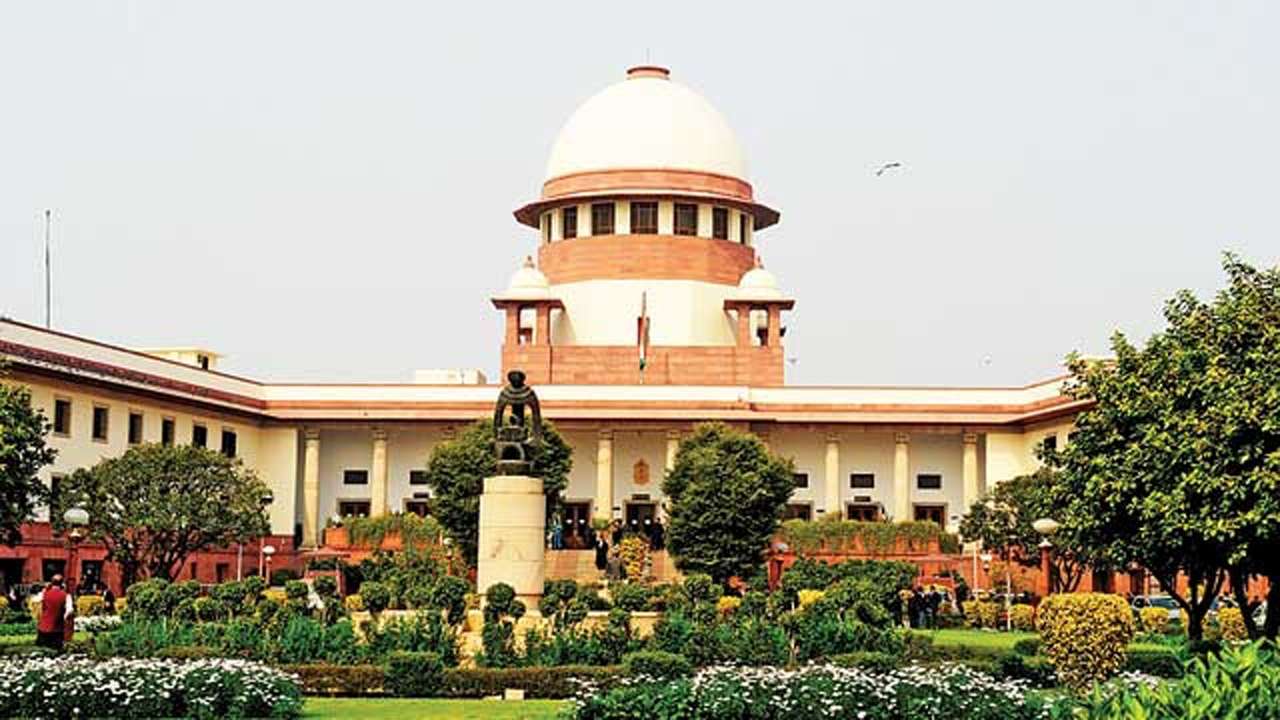
While politically, the introduction of a 10 per cent quota for upper castes does not present too many problems as far as garnering political support is concerned, its legal implications could be quite something else.
Government managers are unsure whether the legislation would pass judicial muster, as a job quota exceeding 50 per cent would be violative of the Supreme Court verdict that had placed the cap in the first place.
The Supreme Court had in 2008 held that the total reservation for SC/ST and other backward classes or special categories should not exceed 50 per cent. A three-bench court is currently hearing a case in the context of a law in force in Tamil Nadu, which provides for 69 per cent job reservation in employment and education.
Party managers are bracing up for a tough battle in the Supreme Court, where the proposal is almost certain to be challenged. While ratification by the Parliament is mandatory for legislation, before it is challenged in the court, any implementation would be deemed to be effective only after it passes the judicial scanner.
As things stand now, the Constitution does not recognise economically weaker sections as a separate class for providing preferential treatment. The government will be required to establish that the decision will not affect the basic structure of the Constitution and that the Parliament is within its rights to amend it to introduce an economic criterion for granting reservation.
In effect, what that means is that the government has to amend Article 15 and 16 to provide for job quota on the basis of economic criteria. But that is problematic because it will take reservations beyond the stipulated 50 per cent cap.
In such a situation, the court may well strike down the government order, pronouncing it null and void. Experts, in fact, have no doubt that parliamentary legislation at this stage would certainly invite apex court censure. So for the government, the decision would be more symbolic than legal.
In the eventuality of the court striking down the 10 per cent additional quota, the government can at best tell their upper caste constituency – lately estranged – that they tried but failed. It would be instructive to remember that the fear of a backward caste backlash coupled with judicial hurdles, has forced several governments in the past, both at the Centre and the state, to forgo the option of upper caste reservations.
The first such reservation proposal came in the late 1970s from Bihar and UP, both cradles of backward caste politics and primary beneficiaries of Mandal recommendations. In fact, parties across the spectrum, from Mayawati to Congress chief ministers have backed such a proposal, but have pulled out at the eleventh hour.
It has taken the BJP to bell the cat and the government’s managers are quite prepared for the consequences. But the fact that they have decided to go ahead, in spite of the judicial sword hanging over their head, reveals that the Modi government is willing to take political risks where other political parties have not.